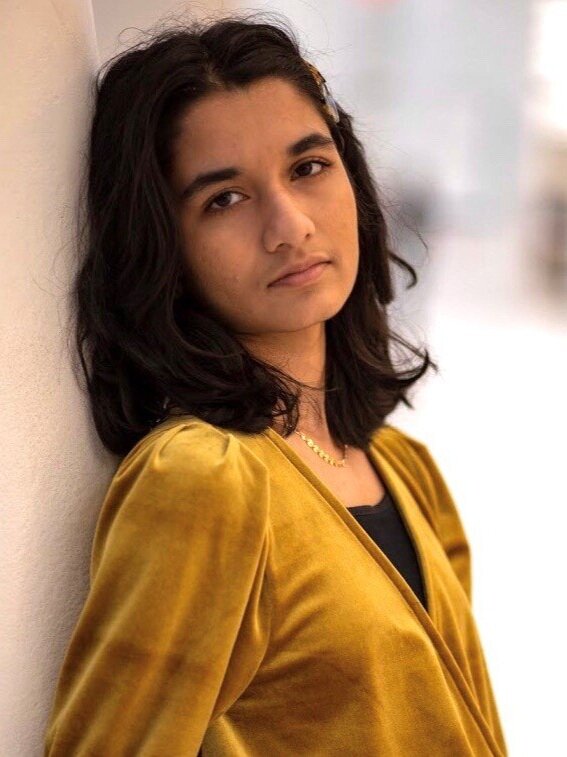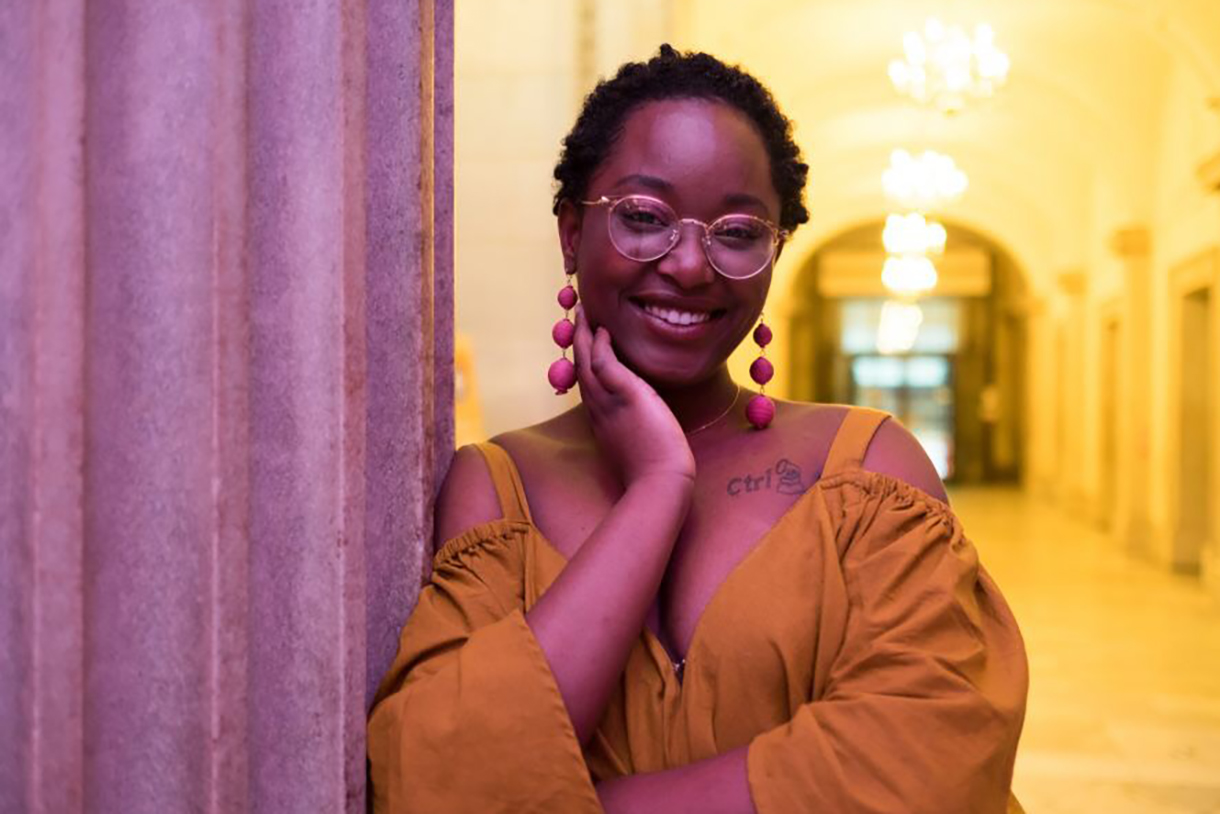- Faculty
- Request Instruction
- Request Research Assistance
- Faculty Resources
- Chronicle of Higher Education
- Request Course Reserves
- Streaming Films for Courses
Service Alert
Service Alert
We may feel we know what a thing is, but have trouble defining it. That holds as true for poetry as it does for, say, love or electricity. The American poet Emily Dickinson, though shrinking from offering a definition of poetry, once confided in a letter, "If I feel physically as if the top of my head were taken off, I know that is poetry." A well-known British poet, A.E. Housman, could identify poetry through a similar response. He said that he had to keep a close watch over his thoughts when he was shaving in the morning, for if a line of poetry strayed into his memory, a shiver raced down his spine and his skin would bristle so that his razor ceased to act. What is this thing that can so physically affect some persons?
One poet called a poem "a thought, caught in the act of dawning." Another said a poem is a means of bringing the wind in the grasses into the house. Yet another stated, even more enigmatically: "Poetry is a pheasant disappearing in the brush." It is just like poets, of course, to talk this way: poetically. It often seems they refrain from saying a thing straight if they can give it a little twist. Such tendencies make you want to lay hands on a good dictionary, where the facts are. The trouble with this approach is, most dictionary definitions of poetry are so dry, limiting, vague, or otherwise unsatisfactory, they eventually send you back to beating the bushes for that elusive, beautiful pheasant you once glimpsed. It's certainly not there in the dictionary. Even so, it is possible to describe the general elements of poetry and to at least indicate the power, range, and magic of this ancient, ever-renewing art form.
Like other forms of literature, poetry may seek to tell a story, enact a drama, convey ideas, offer vivid, unique description or express our inward spiritual, emotional, or psychological states. Yet, poetry pays particularly close attention to words themselves: their sounds, textures, patterns, and meanings. It takes special pleasure in focusing on the verbal music inherent in language.
When we hear a poem, we may recognize certain patterns, such as a regular beat, a rising rhythm, or a series of rhymes. When we see a poem printed on a page, we might notice another kind of pattern that cues us we are not looking at standard prose: those ragged right-hand margins, indicating the lines must stop there and nowhere else. Whether we hear a poem read aloud or read it on a page, it ought to be clear we are experiencing a special patterned arrangement of language, differing from ordinary speech or prose writing.
Exerpt from Rifenburgh, Dan. “What Is Poetry?” NEA, arts.gov, 27 June 2014, www.arts.gov/operation-homecoming/essays-writing/what-poetry
plural poets laureate or poet laureates
1: a poet honored for achievement
2a: a poet appointed for life by an English sovereign as a member of the royal household and formerly expected to compose poems for court and national occasions
b: a poet appointed annually by the U.S. Library of Congress as a consultant and typically involved in the promotion of poetry
3: one regarded by a country or region as its most eminent or representative poet
Watch for other SCC activities like the Poetry Slam and a celebration of Shakespeare, which have been held in years when there wasn't a pandemic.

The National Youth Poet Laureate competition is an initiative of Urban Word in collaboration with local youth literary arts organizations across the country and championed by the leading national literary and arts organizations, including the President's Committee on the Arts and the Humanities, the Library of Congress, Academy of American Poets, Poetry Society of America, Pen Center USA, and Cave Canem. Our program identifies powerful youth poets that have a history of artistic success, civic and community engagement, social impact, and youth leadership.
2020 National Youth Poet Laureate Meera Dasgupta 
2019 National Youth Poet Laureate Kara Jackson 
2018 National Youth Poet Laureate Patricia Frazier 
2017: The First National Youth Poet Laureate, Amanda Gorman 
The National Youth Poet Laureate Initiative is a program of Urban Word, an award-winning youth literary arts and youth development organization.Email: info@urbanwordnyc.org
—from “The Hill We Climb” by Amanda Gorman, 2021 Inaugural Poet

Amanda Gorman is the youngest inaugural poet in U.S. history, as well as an award-winning writer and cum laude graduate of Harvard University, where she studied Sociology. She has written for the New York Times and has three books forthcoming with Penguin Random House.
Born and raised in Los Angeles, she began writing at only a few years of age. Now her words have won her invitations to the Obama White House and to perform for Lin-Manuel Miranda, Al Gore, Secretary Hillary Clinton, Malala Yousafzai, and others. Amanda has performed multiple commissioned poems for CBS This Morning and she has spoken at events and venues across the country, including the Library of Congress and Lincoln Center. She has received a Genius Grant from OZY Media, as well as recognition from Scholastic Inc., YoungArts, the Glamour magazine College Women of the Year Awards, and the Webby Awards. She has written for the New York Times newsletter The Edit and penned the manifesto for Nike's 2020 Black History Month campaign. In 2017, Amanda Gorman was appointed the first-ever National Youth Poet Laureate by Urban Word – a program that supports Youth Poets Laureate in more than 60 cities, regions and states nationally. She is the recipient of the Poets & Writers Barnes & Noble Writers for Writers Award, and is the youngest board member of 826 National, the largest youth writing network in the United States.
